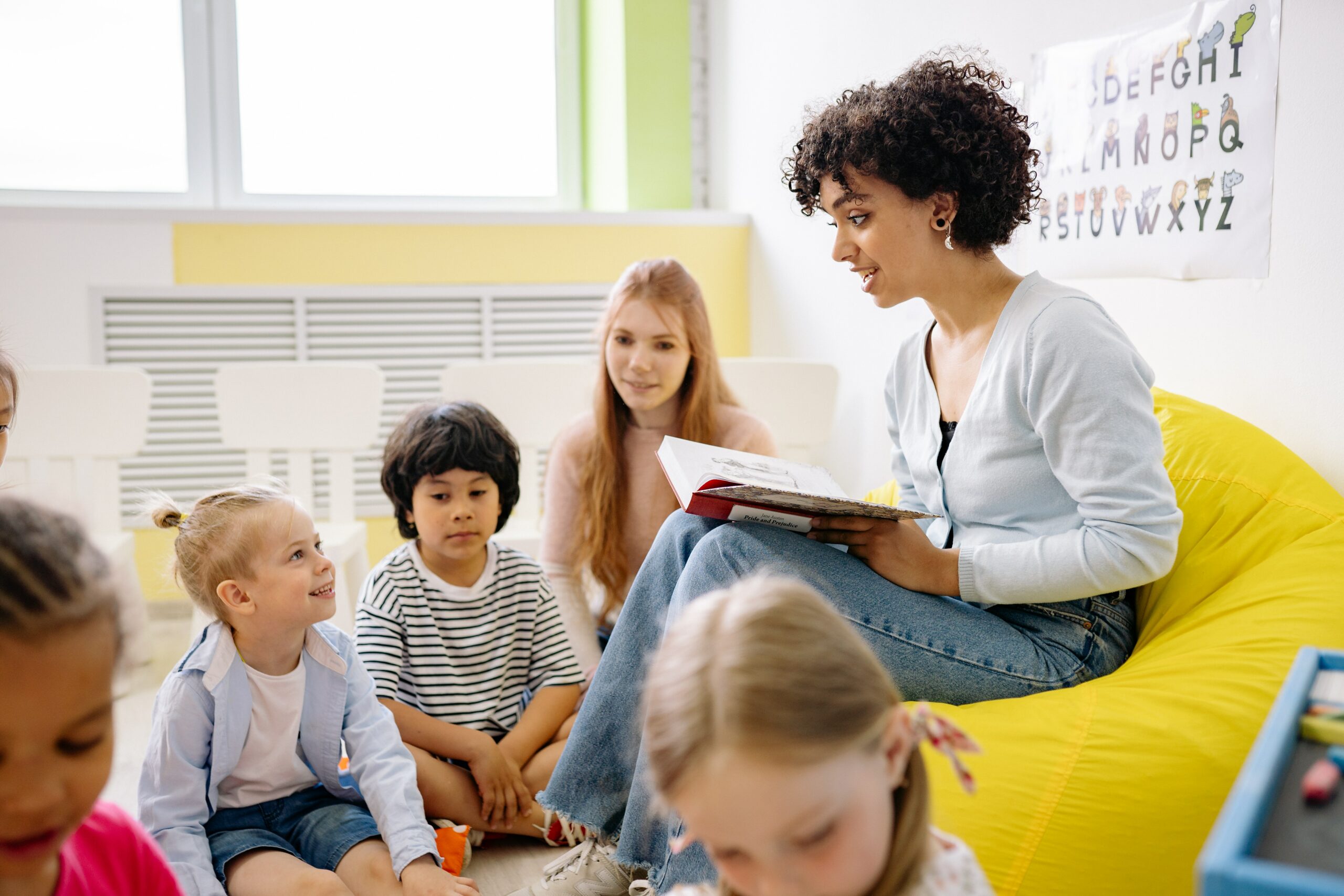Social Thinking is an innovative and evidence-based intervention program developed by Michelle Garcia Winner to help individuals, particularly those with social communication challenges, develop a deeper understanding of social thinking and improve their social skills. This program focuses on teaching individuals how to interpret and respond to social information effectively, enhancing their social awareness and interactions. Here are the key components and principles of the Social Thinking program:
- Social Thinking: The core concept of the program is "Social Thinking," which refers to the ability to think about and interpret the thoughts, feelings, intentions, and perspectives of oneself and others in social situations. It emphasizes the importance of considering the context and the people involved in social interactions.
- Social Competencies: Social Thinking identifies specific social competencies that individuals need to develop, including perspective-taking, emotional regulation, social problem-solving, and flexible thinking. These competencies form the foundation for effective social interactions.
- Individualized Approach: The program recognizes that social challenges vary among individuals, so it offers an individualized approach tailored to each person's unique needs and goals. Social Thinking interventions are flexible and adaptable.
- Concrete Strategies: Social Thinking provides concrete strategies and frameworks to help individuals navigate social situations. This includes teaching individuals to recognize social cues, interpret social information, and respond appropriately.
- Social Maps: Social Maps are visual tools used in the program to help individuals understand and navigate social situations. They break down complex social scenarios into simpler components, making them easier to comprehend.
- Social Behavior Mapping: This tool connects thoughts, feelings, actions, and consequences in social situations, helping individuals understand the cause-and-effect relationships of their behavior and the impact it has on others.
- Social Stories: Social Stories are used to teach specific social concepts and skills. These stories provide scenarios and examples that individuals can relate to and learn from.
- Group and Individual Sessions: Social Thinking interventions can be delivered in group settings or on an individual basis, depending on the needs and preferences of the individual.
- Executive Functioning: The program acknowledges the importance of executive functioning skills, such as planning, organization, and self-regulation, in successful social interactions. Strategies to enhance executive functioning are integrated into Social Thinking interventions.
- Generalization: The ultimate goal of Social Thinking is to help individuals generalize the social skills they learn to various social situations and settings, including school, work, and everyday life.
- Collaboration: The program encourages collaboration between individuals, families, educators, and therapists to support the development of social competencies. Communication and cooperation among all stakeholders are essential.
- Progress Monitoring: Progress is regularly monitored through observations, feedback, and assessments to evaluate the effectiveness of Social Thinking interventions and adjust them as needed.
Social Thinking has been widely adopted in educational and therapeutic settings to support individuals with a range of social communication challenges, including autism spectrum disorders, social anxiety, and related conditions. It empowers individuals to better understand the social world and make informed decisions about their social behavior, ultimately improving their social interactions and relationships.

